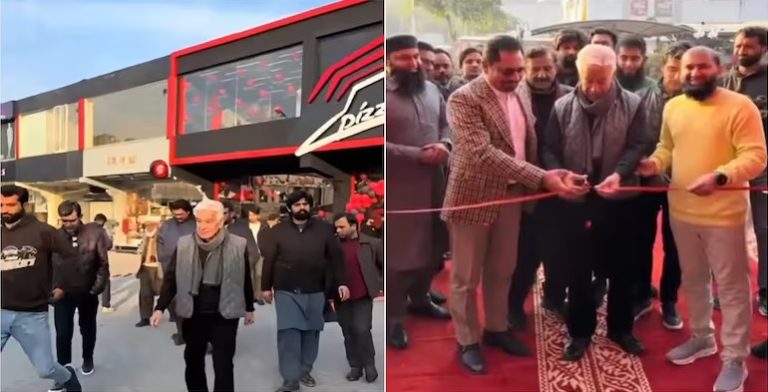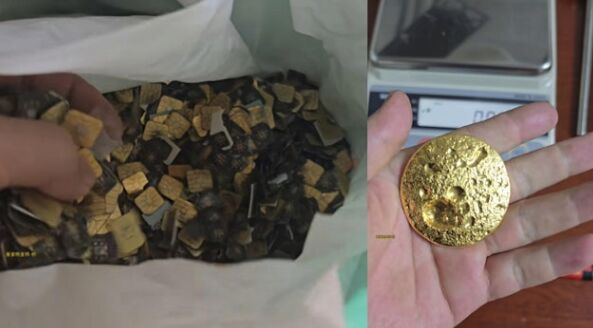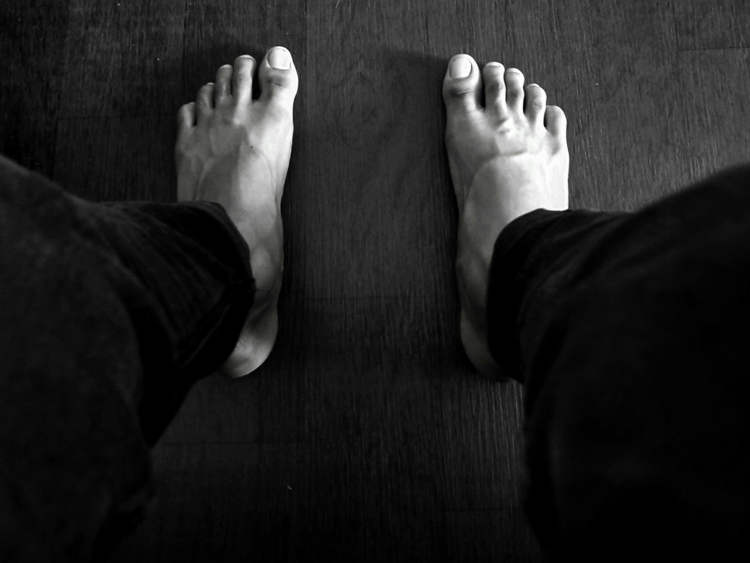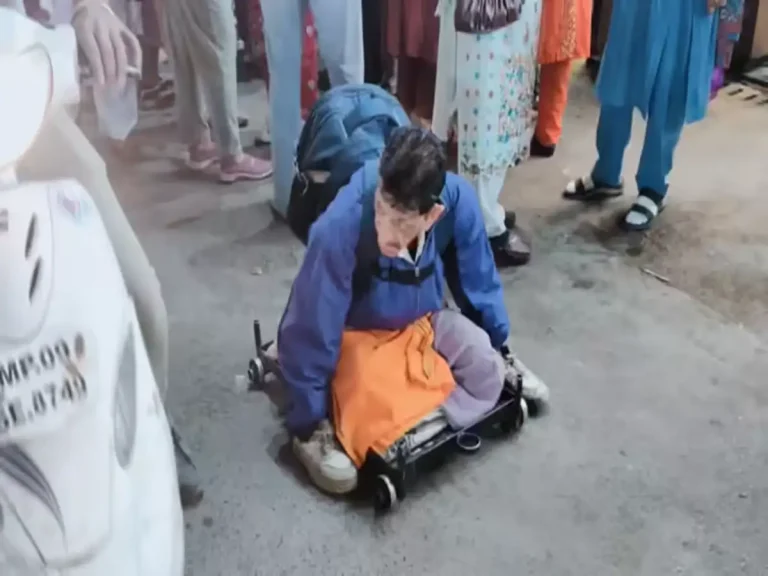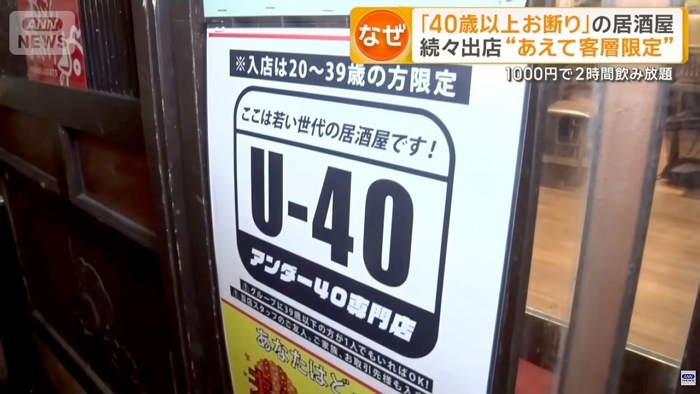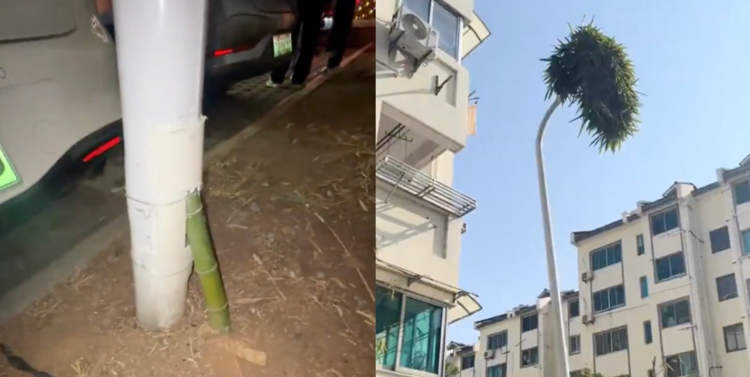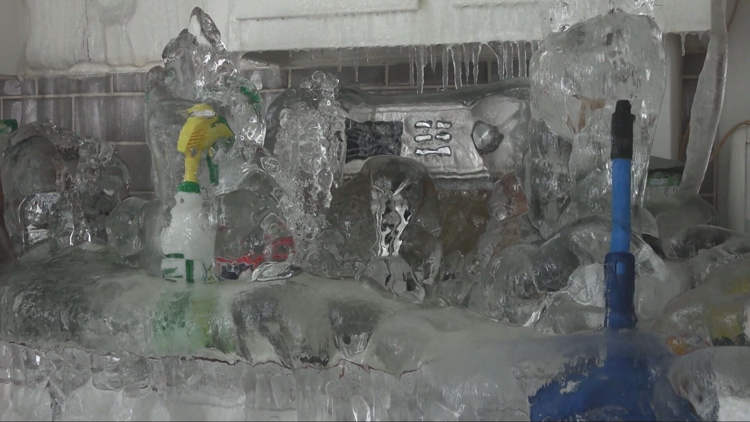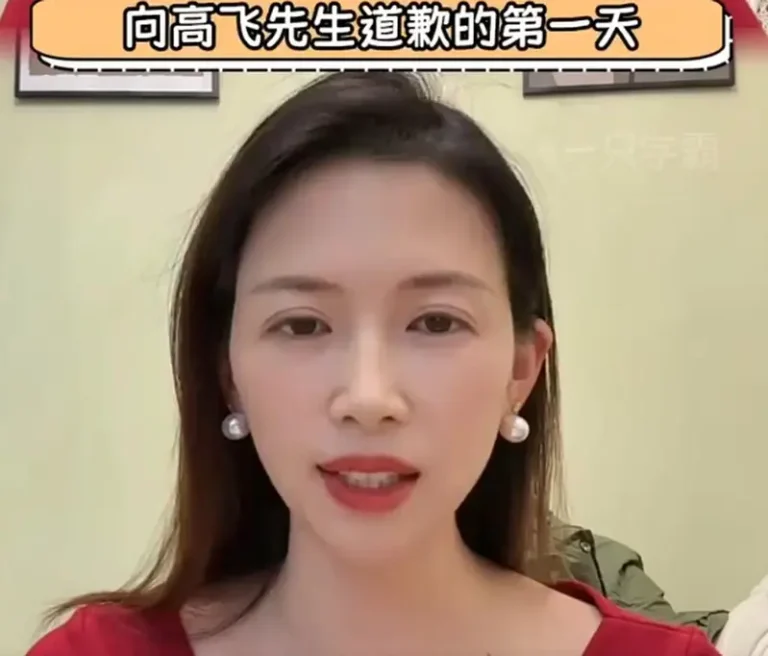Cambodia is known for its rich culture and history, natural beauty, exquisite temples like the Angkor Wat, the Vietnam war, the Khmer Rouge, land mines, and more. But not many people are aware of the nation’s quirks and eccentricities – like this one particular obsession that locals have with needles.
While most people in other parts of the world would do anything to avoid getting injected, things are quite the opposite in Cambodia, where citizens have a fascination for injections and intravenous drips. The reason for this fascination is unclear, but it seems that a strong belief in needles has become ingrained in the nation’s psyche. So much so that people want IV drips or injections even in situations where they’re not needed at all.
“It’s not just in the village,” a Western doctor, who preferred to remain anonymous, told the BBC. “Everybody who goes to hospital gets an IV because they think it’s important and the doctors and nurses think it’s important. If you walk into a hospital, pretty close to every patient will have an IV. They’ll just get them, you know, ad infinitum, until they leave the hospital.”
Photo: Aisha Down/The Khmer Times
BBC journalist John Murphy, who covered the story in detail, reportedly witnessed bizarre IV-related events during his visit to Cambodia . “I regularly saw people on IV drips – and not just on IV drips but also on motorbikes,” he wrote. “These were mobile IV drips.” Curious to know more, Murphy stopped a motorbike with three people on it. “The passenger at the back was holding up a stick, at the end of which, covered in a plastic bag, was a bottle of IV fluid.”
“The plastic tube leading from the bottle was injected into the right arm of the man sitting in the middle. He said he’d been diagnosed with malaria by a private doctor and that he had liver disease and intestinal problems. He also felt weak. The IV drip, he said, was “cooling” his body down and giving him more energy.”
“There are a lot of people who have IV drips on motorbikes,” the man told Murphy. “I’m poor, I’m not rich, I don’t have a car to drive, so I have a drip on a motorbike.”
Photo: BBC
“It used to be a common sight in Phnom Penh – a child wandering on a street with a needle in his hand, followed by a parent holding a bag of IV fluid,” Cambodian newspaper The Khmer Times wrote a few months ago. “A more informed urban population, says public health expert Dr. Lao Chantha, has driven the practice down in the city. In rural areas, however, where unlicensed doctors can more easily slip under the radar, and patient beliefs are informed by culture as much as medical science, the use, or rather, overuse of IVs is stubbornly persistent.”
Some physicians prescribe IV treatments and injections even in cases when they are not needed, in order to charge patients more, but the main problem is the people’s perception of these treatments. Many Cambodians believe IVs help them recover faster, regardless of their problems, and if a doctor doesn’t prescribe intravenous treatments they label him as unqualified and won’t come back for a second visit. Others are under the impression that even simple saline solution IVs contain medicine that helps treat their various ailments, and not even counseling from the Ministry of Health can change their minds.
“You cannot always make a patient understand, though,” says Dr. Chantha. “Doctors don’t want to tell lies. But sometimes it is difficult for them to explain to patients that the IV fluid is only water.”
Photo: The Khmer Times
Although it seems harmless, the truth is that Cambodia’s obsession with IV drips has often led to disastrous consequences. As much as doctors and nurses believe in IV treatment too, they can’t always indulge patients’ unreasonable requests for needles. And that’s when the people turn to unlicensed doctors and clinics who aren’t legally authorised to administer injections.
Vong Tu, a rained nurse and director of the Tuol Ampil health centre in Kompong Speu Province, said parents routinely take their children to private, unlicensed doctors even when they have just a low fever. “A mother brings her child to the clinic and says, ‘OK physician, just give my child an injection,” he said. “And I say, ‘No, I can’t give it to you, it’s impossible.’ Then the mother goes to the unlicensed doctor and simply says, ‘Just one injection, one IV drip.’ And the unlicensed doctor gives her what she wants.”
It turns out that unlicensed village “doctors” are often untrained in safe medical practices – many of them reuse needles, leading to a tragic outbreak of HIV that has ruined the lives of many. Like Mom Hing, an 82-year-old Buddhist monk from the village of Roka, who contracted the infection despite being celibate his whole life. “Since I came to this village in 1994, I’ve been having injections from a medical doctor who was trained in a refugee camp,” he told the BBC. “And I got HIV-Aids from him – I only got injections from him.” The doctor in question was both unlicensed and unqualified, and was recently sentenced for manslaughter from reusing needles and syringes.
Photo: Alex Consiglio/Twitter
“Let it be – life and death are normal things,” said Mom Hing, who obviously carries no ill feelings towards the doctor. “I’m not worried about myself at all. I’m getting older. What I’m concerned about is the young.”And his concern is valid – nearly 300 people in and around Roka have tested positive for HIV. About ten of them have already died of Aids. Lap Hoy, 51, visited the doctor for a regular cold and fever, and is now HIV-positive along with the other members of her family. They all received injections from the doctor. “My grandchild got infected, her mother got infected, and I, her grandmother, also got infected,” she said. She doesn’t want the doctor to ever return to the village now.
The mass outbreak occurred a few years ago, and since then, the nation has made good progress in reducing HIV levels with the help of foreign donors and NGOs. The Cambodian government announced a clampdown on unlicensed health workers, which has resulted in a positive effect. But the real challenge lies in changing the mindset of the people who continue to blindly believe in the medical powers of IV treatments.
Sources: BBC, The Khmer Times





